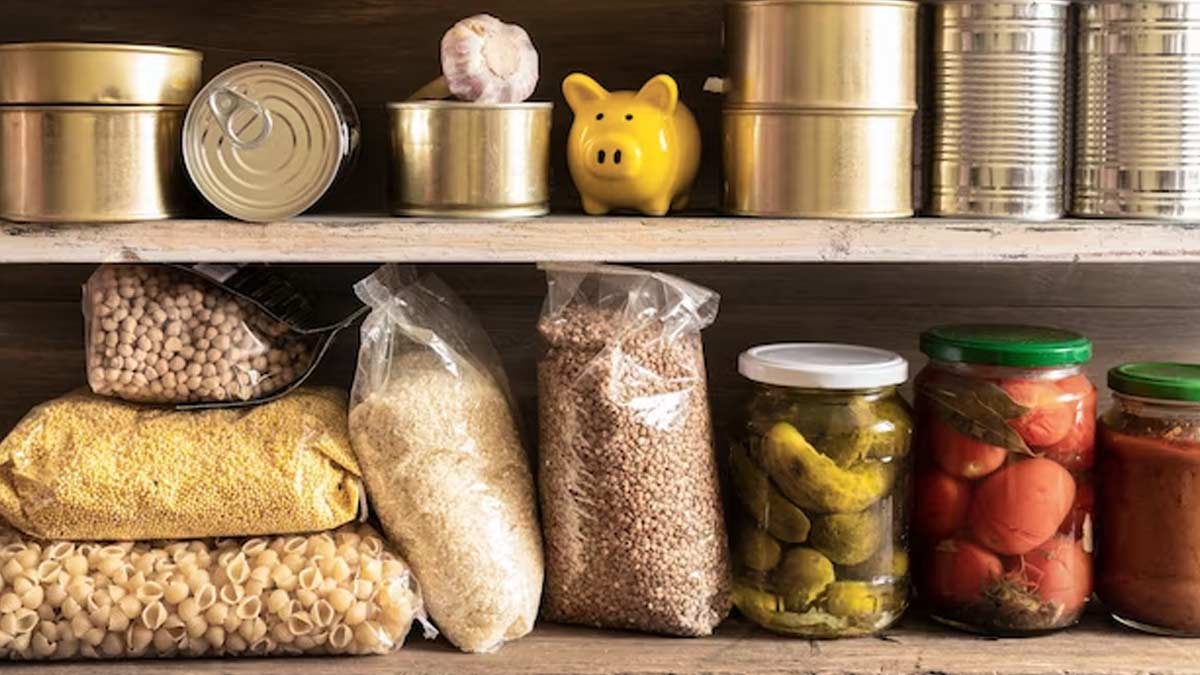
World Food Safety Day is an important global event celebrated on June 7th each year. It aims to raise awareness about the significance of safe and healthy food practices to prevent foodborne illnesses and ensure food security. One crucial aspect of food safety is proper food storage, which plays a vital role in preventing food poisoning.
Table of Content:-
Proper Food Storage Tips To Avoid Food Poisoning
By following some simple guidelines, individuals can safeguard their health and reduce the risk of foodborne diseases.
1. Wash Your Hands
First and foremost, maintaining cleanliness and hygiene in the kitchen is essential. Start by washing your hands thoroughly with soap and water before handling any food items. This basic step helps prevent the transfer of bacteria and other harmful pathogens from your hands to the food. It is equally important to keep utensils, cutting boards, and kitchen surfaces clean and sanitised to avoid cross-contamination.
2. First In, First Out
When it comes to food storage, one golden rule to remember is "first in, first out." This means using older products before newer ones to ensure that nothing expires or spoils. Regularly check the expiration dates of perishable items such as dairy products, meats, and leftovers. If any food has exceeded its expiration date, discard it immediately to prevent the risk of food poisoning.

Also read: HMPV Respiratory Virus: Know Symptoms, And Precautionary Measures
3. Proper Temperature For Preserving Food
Proper temperature control is crucial for preserving food safety. Cold foods should be stored in the refrigerator at temperatures below 4 degrees Celsius (40 degrees Fahrenheit). This includes items like raw meat, poultry, seafood, dairy products, and prepared foods. On the other hand, hot foods must be kept at temperatures above 60 degrees Celsius (140 degrees Fahrenheit) to prevent bacterial growth. Failing to maintain these temperature ranges can lead to the proliferation of harmful bacteria, potentially causing foodborne illnesses.
4. Food Separation
Another crucial tip is to store raw foods separately from cooked foods to avoid cross-contamination. Raw meat, poultry, and seafood, in particular, can contain harmful bacteria such as Salmonella and E. coli. These bacteria can easily spread to other foods if they come into contact with them, leading to foodborne illnesses. To prevent this, store raw foods in sealed containers on lower shelves in the refrigerator to prevent any potential drips or leaks.
Also read: HMPV Respiratory Virus: Know Symptoms, And Precautionary Measures

5. Proper Packaging
Proper packaging is also vital for food storage. Make sure to use airtight containers or resealable bags to keep food fresh and prevent exposure to contaminants. It is advisable to label and date all stored food items, especially in the freezer, to track their freshness and ensure they are consumed within safe time limits.
6. Organising
Regularly inspecting and organising your pantry and refrigerator is a good habit to adopt. Discard any expired or spoiled food immediately, as it can harbour harmful bacteria and pose a risk to your health. Maintaining a clean and well-organised storage space will help you keep track of your food items and ensure that they are safe to consume.
World Food Safety Day serves as a reminder to prioritise food safety in our daily lives. By following these simple food storage tips and implementing proper hygiene practices, we can significantly reduce the risk of foodborne illnesses. Remember, safe food storage is not only essential for our health but also contributes to global efforts in achieving food security and building a healthier world.
Also watch this video
How we keep this article up to date:
We work with experts and keep a close eye on the latest in health and wellness. Whenever there is a new research or helpful information, we update our articles with accurate and useful advice.
Current Version